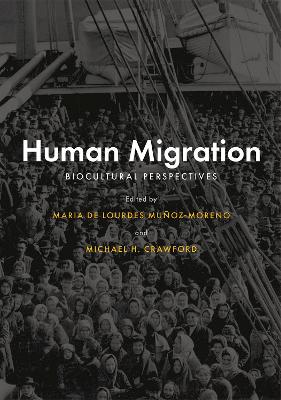Pertussis
 -10%
portes grátis
-10%
portes grátis
Pertussis
Epidemiology, Immunology, and Evolution
Rohani, Pejman; Scarpino, Samuel
Oxford University Press
12/2018
288
Dura
Inglês
9780198811879
15 a 20 dias
782
2: Amanda L. Skarlupka, Bodo Linz, Jennifer Maynard, and Eric T. Harvill: Basics of pertussis pathogenesis
3: Mieszko M. Wilk, Aideen C. Allen, Alicja Misiak, Lisa Borkner, and Kingston H.G. Mills: The immunology of Bordetella pertussis infection and vaccination
4: Natasha Crowcroft and Elizabeth Miller: Pertussis epidemiology
5: Jodie McVernon and Hester de Melker: Role of vaccine schedules
6: Eric T. Harvill and Tracy Nicholson: Animal models
7: Francoise Mascart, Violette Dirix, and Camille Locht: The human immune responses to pertussis and pertussis vaccines
8: Sylvain Gandon: Evolutionary epidemiology theory of vaccination
9: Michael R. Weigand, Margaret M. Williams, and Glen Otero: Temporal patterns of Bordetella pertussis genome sequence and structural evolution
10: Ruiting Lan and Sophie Octavia: Vaccine driven selection and the changing molecular epidemiology of Bordetella pertussis
11: Iain MacArthur and Andrew Preston: Congenerics: What can be learned about pertussis from pertussis-like disease caused by other Bordetella?
12: Shelly Bolotin, Helen Quinn, and Peter McIntyre: Surveillance and diagnostics
13: Benjamin M. Althouse and Samuel V. Scarpino: Contrasting ecological and evolutionary signatures of whooping cough epidemiological dynamics
14: Aaron A. King, Matthieu Domenech de Celles, Felicia M. G. Magpantay, and Pejman Rohani: Pertussis immunity and the epidemiological impact of adult transmissiontransmission: Statistical evidence from Sweden and Massachusetts
15: Tami H. Skoff, Colin S. Brown, and Gayatri Amirthalingam: Public health consequences
2: Amanda L. Skarlupka, Bodo Linz, Jennifer Maynard, and Eric T. Harvill: Basics of pertussis pathogenesis
3: Mieszko M. Wilk, Aideen C. Allen, Alicja Misiak, Lisa Borkner, and Kingston H.G. Mills: The immunology of Bordetella pertussis infection and vaccination
4: Natasha Crowcroft and Elizabeth Miller: Pertussis epidemiology
5: Jodie McVernon and Hester de Melker: Role of vaccine schedules
6: Eric T. Harvill and Tracy Nicholson: Animal models
7: Francoise Mascart, Violette Dirix, and Camille Locht: The human immune responses to pertussis and pertussis vaccines
8: Sylvain Gandon: Evolutionary epidemiology theory of vaccination
9: Michael R. Weigand, Margaret M. Williams, and Glen Otero: Temporal patterns of Bordetella pertussis genome sequence and structural evolution
10: Ruiting Lan and Sophie Octavia: Vaccine driven selection and the changing molecular epidemiology of Bordetella pertussis
11: Iain MacArthur and Andrew Preston: Congenerics: What can be learned about pertussis from pertussis-like disease caused by other Bordetella?
12: Shelly Bolotin, Helen Quinn, and Peter McIntyre: Surveillance and diagnostics
13: Benjamin M. Althouse and Samuel V. Scarpino: Contrasting ecological and evolutionary signatures of whooping cough epidemiological dynamics
14: Aaron A. King, Matthieu Domenech de Celles, Felicia M. G. Magpantay, and Pejman Rohani: Pertussis immunity and the epidemiological impact of adult transmissiontransmission: Statistical evidence from Sweden and Massachusetts
15: Tami H. Skoff, Colin S. Brown, and Gayatri Amirthalingam: Public health consequences
















